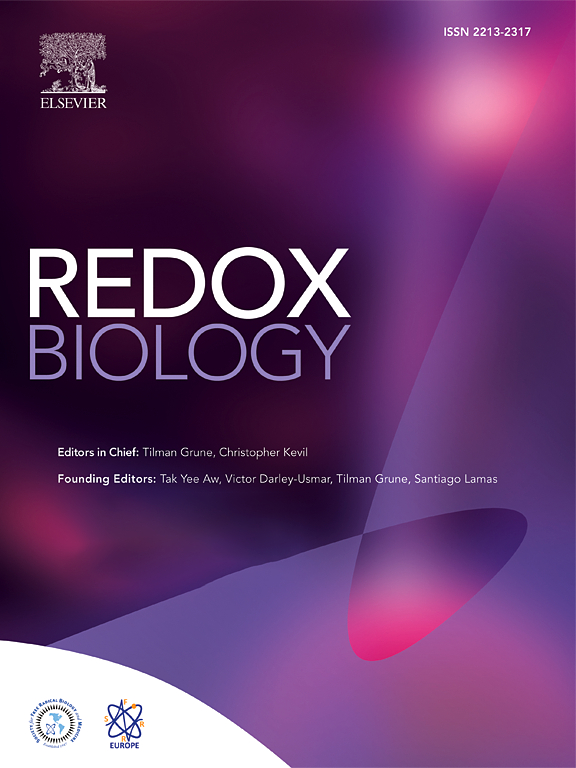Gut flora-derived succinate exacerbates Allergic Airway Inflammation by promoting protein succinylation
IF 10.7
1区 生物学
Q1 BIOCHEMISTRY & MOLECULAR BIOLOGY
引用次数: 0
Abstract
Allergic airway inflammation (AAI) is a prevalent respiratory disorder that affects a vast number of individuals globally. There exists a complex interplay among inflammation, immune responses, and metabolic processes, which is of paramount importance in the pathogenesis of AAI. Metabolic dysregulation and protein translational modification (PTM) are well-recognized hallmarks of diseases, playing pivotal roles in the onset and progression of numerous ailments. However, the role of gut microbiota metabolites in the development of AAI, as well as their influence on PTM modifications within this disease context, have not been thoroughly explored and investigated thus far. In AAI patients, succinate was identified as a key metabolite, positively correlated with certain immune parameters and IgE levels, and having good diagnostic value. In AAI mice, gut bacteria were the main source of high succinate levels. Mendelian randomization showed succinate as a risk factor for asthma. Exogenous succinate worsened AAI in mice, increasing airway resistance and inflammatory factor levels. Protein succinylation in AAI mice lungs differed significantly from normal mice, with up-regulated proteins in metabolic pathways. FMT alleviated AAI symptoms by reducing succinate and protein succinylation levels. In vitro, succinate promoted protein succinylation in BEAS-2B cells, and SOD2 was identified as a key succinylated protein, with the K68 site crucial for its modification and enzyme activity regulation. Gut flora-derived succinate exacerbates AAI in mice by increasing lung protein succinylation, and FMT can reverse this. These findings offer new insights into AAI mechanisms and potential therapeutic targets.

求助全文
约1分钟内获得全文
求助全文
来源期刊

Redox Biology
BIOCHEMISTRY & MOLECULAR BIOLOGY-
CiteScore
19.90
自引率
3.50%
发文量
318
审稿时长
25 days
期刊介绍:
Redox Biology is the official journal of the Society for Redox Biology and Medicine and the Society for Free Radical Research-Europe. It is also affiliated with the International Society for Free Radical Research (SFRRI). This journal serves as a platform for publishing pioneering research, innovative methods, and comprehensive review articles in the field of redox biology, encompassing both health and disease.
Redox Biology welcomes various forms of contributions, including research articles (short or full communications), methods, mini-reviews, and commentaries. Through its diverse range of published content, Redox Biology aims to foster advancements and insights in the understanding of redox biology and its implications.
 求助内容:
求助内容: 应助结果提醒方式:
应助结果提醒方式:


